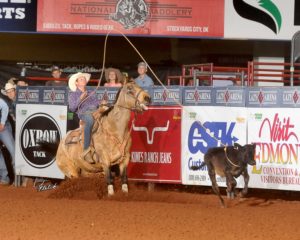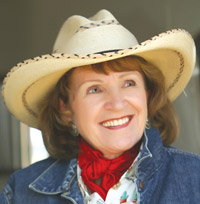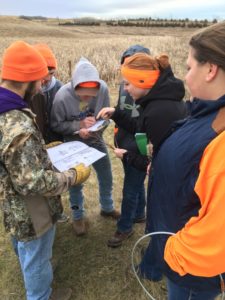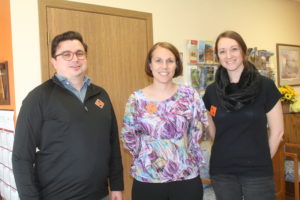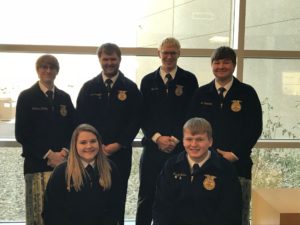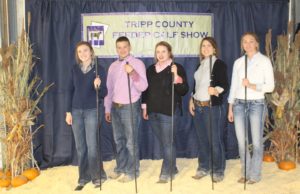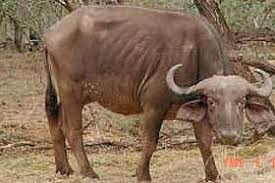
By Tina DeJong
How could growing up on a ranch in what many consider the “middle-of- nowhere” prepare one for thriving in a foreign city? To go from wide open spaces to mile after mile of high rise buildings, from blue skies and fresh air to gray skies and pollution, being around people who grew up knowing all your neighbors and most everyone in town to not even knowing what your neighbors look like because your schedules are so different you don’t see one another, then to top it off, all the signs are in a completely different language and the main way of communicating with people is through charades because you cannot understand one another’s language – that should lead to homesickness, culture shock, and quickly finding a way back to “safety.” At first glance, the differences seem too immense to overcome and one would think that the country bumpkin would not even be able to last one day in a high-tech city! However, by God’s grace, He has shown me how to apply the lessons I learned growing up in the loving Winner community to thrive in this very different part of His world.
Country kids learn the importance of family and friends at a very young age. We work side-by-side in family businesses, share in one another’s joys and tears, and know that we can trust our loved ones to be there for us through thick and thin. Sure, we fight like cats and dogs at times, but that is one of the things that makes us stronger and it ends up bringing us closer as we work through our differences to understand one another better.
Of course there is the lesson of hard work and responsibility that go hand- in-hand. It is satisfying to work along side parents and mentors getting jobs done each day to keep the business going. I can still remember being almost eight when I was able to rake hay and finish planting my first field of oats/alfalfa. After being able to accomplish a task well then I could learn a different one, such as stacking bales, baling, and eventually windrowing! This process not only built up my sense of responsibility, it helped to cultivate a caring attitude toward the world around me.
Agriculture is not about being the most famous or the richest, but it is about developing the atmosphere where everything lives. We put in long hours of research and manual labor to produce the food that fuels the world. Hardly ever do we get recognized for it and if someone gets sick we may get blamed for it, so why do we do it? Because we care for those around us and have the hope that things will get better.
Flexibility is a must as the weather may not cooperate with what we wanted to do, something may break down, or an accident may happen. Instead of pouting about it, we figure out what we can do even with the current weather, fix what broke (pretty much anything can be fixed with duct tape, baling wire, and pliers!), or take time to help where the need is.
Those were the exact lessons that I needed to learn in order to be able to thrive in a big Chinese city. Getting to know good friends was the first important key. People who could show me where to buy what I need and who could help translate for me. These new friends have become like family as they are always there for me.
Figuring out how to do the jobs I was given well was my next task. Yes, it is a challenge to learn how to read signs or figure out what bus route to take, but so was learning to back up a tractor and feed wagon. With practice and
determination it becomes easier and I can now order food (knowing what I am ordering) along with navigate to a new place in town that someone recommends to visit.
My level of flexibility had to increase as I learned that time schedules are a suggestion and so are most “rules” for that matter. A visitor shows up in town and everything gets dropped to spend time with them. Someone is coming to fix your refrigerator and says they will come in the morning, but does not show up until early evening. You are standing in “line” when the two people who came in the door right after you are suddenly right next to you and then ahead of you – lines don’t really exist, you just need to keep pushing forward in the mass of people and remember not to leave any space between you and the person in front of you. When visa paperwork is due, you leave to do it whether you are in the middle of teaching a class or not. These are all things that have brought up some frustration at one time or another, but just as I learned to adjust my schedule and behavior at home based on life factors that are out of my control; I have learned to adjust here as well.
Part of that adjustment means studying the language to be able to better communicate. Joining a gym in order to make sure I get enough physical exercise each day – everything is conveniently located within a ten minute walking distance or I could have everything ordered straight to my door, so unless I make an effort physical exercise does not happen. As winter comes and the air quality gets really bad (pretty much in the hazardous range for three months) I’m sure to wear a mask outside and keep an air purifier on inside.
Then finally just as I had to pay attention to my surroundings on the ranch in case something was out of the ordinary and needed attention – such as extra water running on the ground indicating a leak or my horse getting high headed and perking up his ears because there was something coming over the hill – I need to watch the behavior of people around me. If there is a big crowd of people around a shop, there is probably a big sale going on and now would be a good time to stock up on cheap necessities. Using those careful observations is how I got to know the rhythm of the city: exercisers and breakfast shop owners out between 6:30-7:00am, people start heading to work between 8-9am, most stores open around 9 or 9:30, lunch from around 12 to 1 and then time for tea and Mahjong until around 3, then dinner can be anywhere from 6 to 9 followed by more tea and Mahjong. There are things that can be fast paced, but for the most part it is a pretty laid back city where people enjoy one another’s company and spicy food. I still prefer the country and I miss the wonderful community back home, I am currently happy and content with where God has placed now and how He has used the people around me both at home and here in China to show His love to me! So feel free to come and visit me anytime! My schedule is flexible and we can see pandas, drink tea, watch a mask changing show, play some Mahjong and bargain for goods in the market. Things are definitely different, but if you’re from the country you can thrive!
Blessings, Tina DeJong
